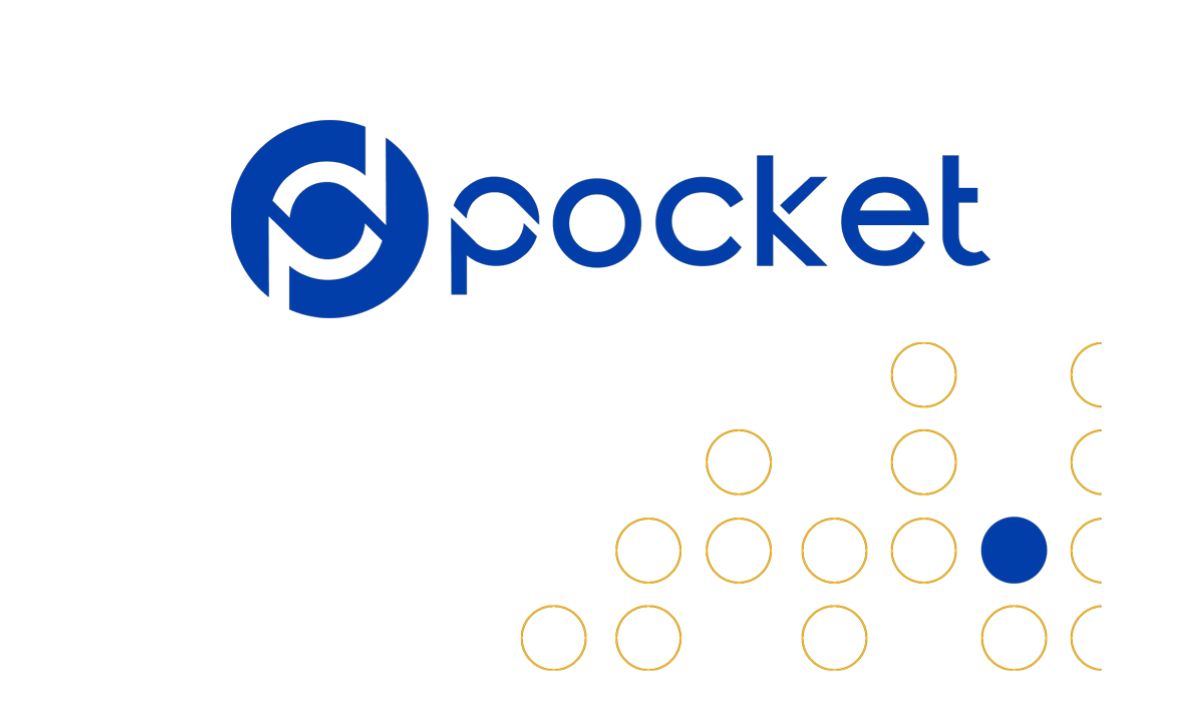Pocket Network Partners With Kleomedes To Decentralize Cosmos Infrastructure

Pocket Network, a decentralised data platform, has entered into a strategic partnership with staking provider Kleomedes to deliver decentralised infrastructure for the Cosmos ecosystem. The collaboration comes as blockchains and decentralised applications (dApps) continue to rely heavily on centralised hosting providers, a dependency that goes against Web3’s ethos of decentralisation.
Through its relay network, Pocket Network connects applications and blockchains to full nodes in a decentralised manner. By integrating with Kleomedes, Cosmos—often referred to as the “Internet of Blockchains”—will be able to reduce its dependence on cloud giants and centralised hosting firms, gaining access to more reliable, censorship-resistant infrastructure.
A recent study of over 117 Cosmos chains and 9,000 nodes revealed that centralisation remains a major vulnerability. Just two companies—Hetzner Online GmbH of Germany and OVH SAS of France—control nearly 40% of the ecosystem’s infrastructure. Big cloud providers like Amazon and Google also run large shares of Cosmos nodes, creating a concentration risk that undermines the system’s resilience.
Pocket and Kleomedes intend to counter that concentration by offering validator communities and developers access to Pocket-powered RPC endpoints. The partnership also aligns their incentive structures, with Kleomedes benefiting from faster, lower-cost infrastructure and Pocket gaining visibility across one of the most active interchain ecosystems.
Pocket’s recent “Shannon” upgrade slashed relay costs by 30–75% compared to competitors, pricing RPC services at just $2.50 per million relays for Cosmos chains and dApps. The network already routes over one trillion relays through more than 10,000 nodes, distributing load across multiple operators to avoid single points of failure.
Currently, Pocket and Kleomedes are servicing decentralised endpoints for several Cosmos chains, including Osmosis, Juno, Stargaze, Persistence, Akash, and AtomOne. Pocket has support for 14 Cosmos-based chains so far, but ultimately aims to become fully native to the ecosystem. For Cosmos developers, validators, and users, this partnership promises lower costs, higher uptime, and reduced reliance on centralised gatekeepers.
By strengthening Cosmos’ infrastructure layer, the move marks another step toward delivering Web3’s original vision—decentralised, scalable, and censorship-resistant networks built to withstand the risks of centralisation.





